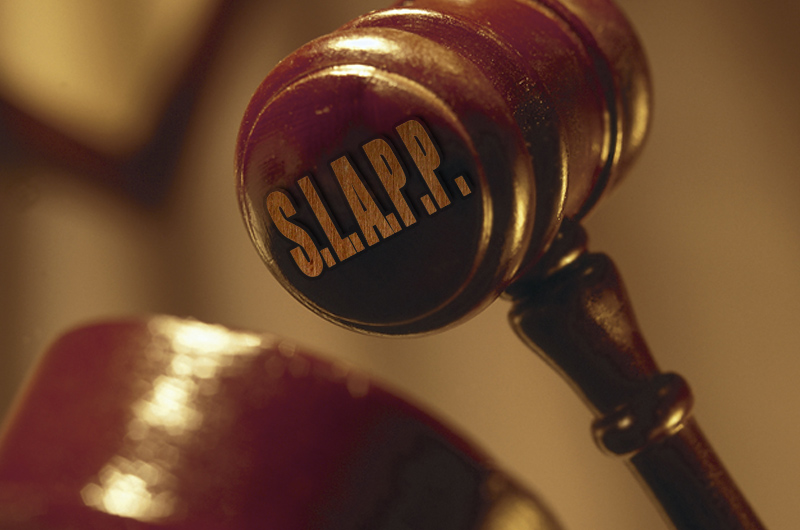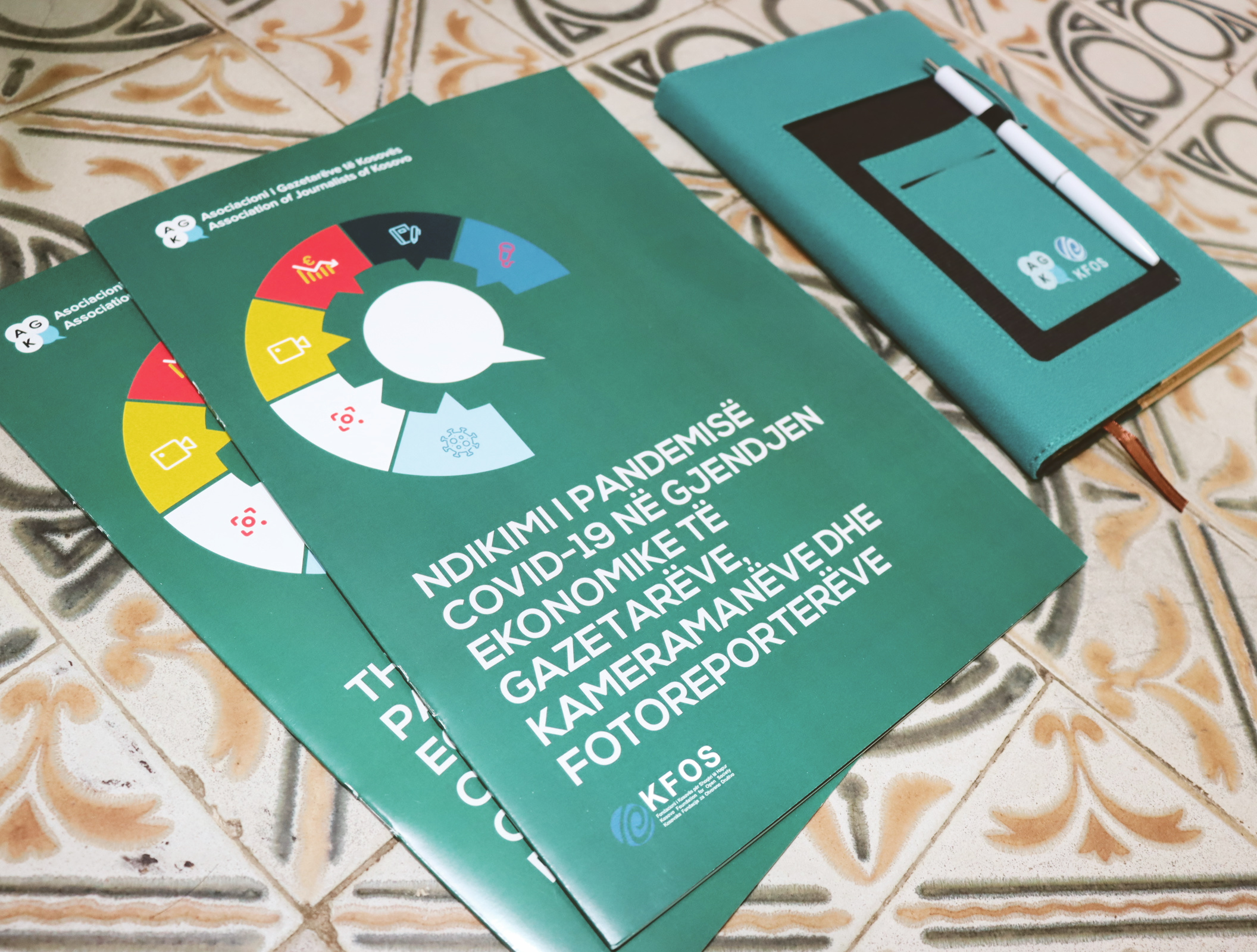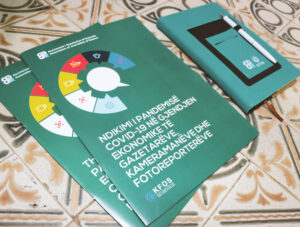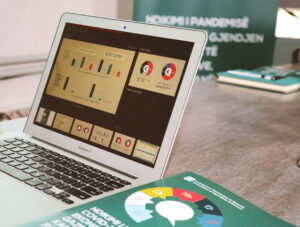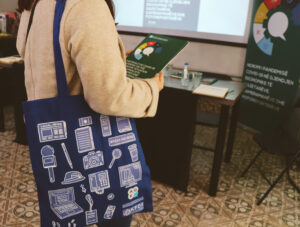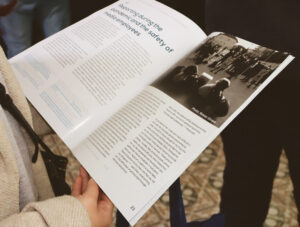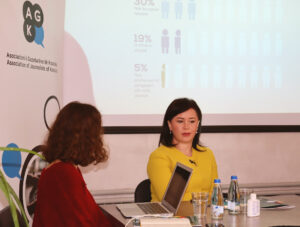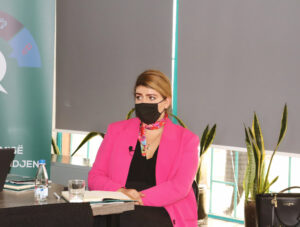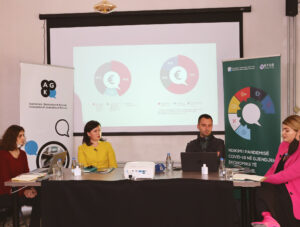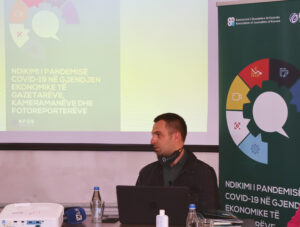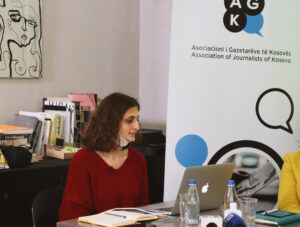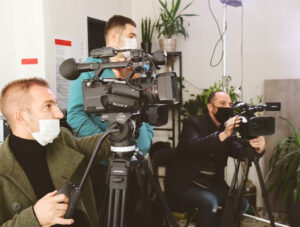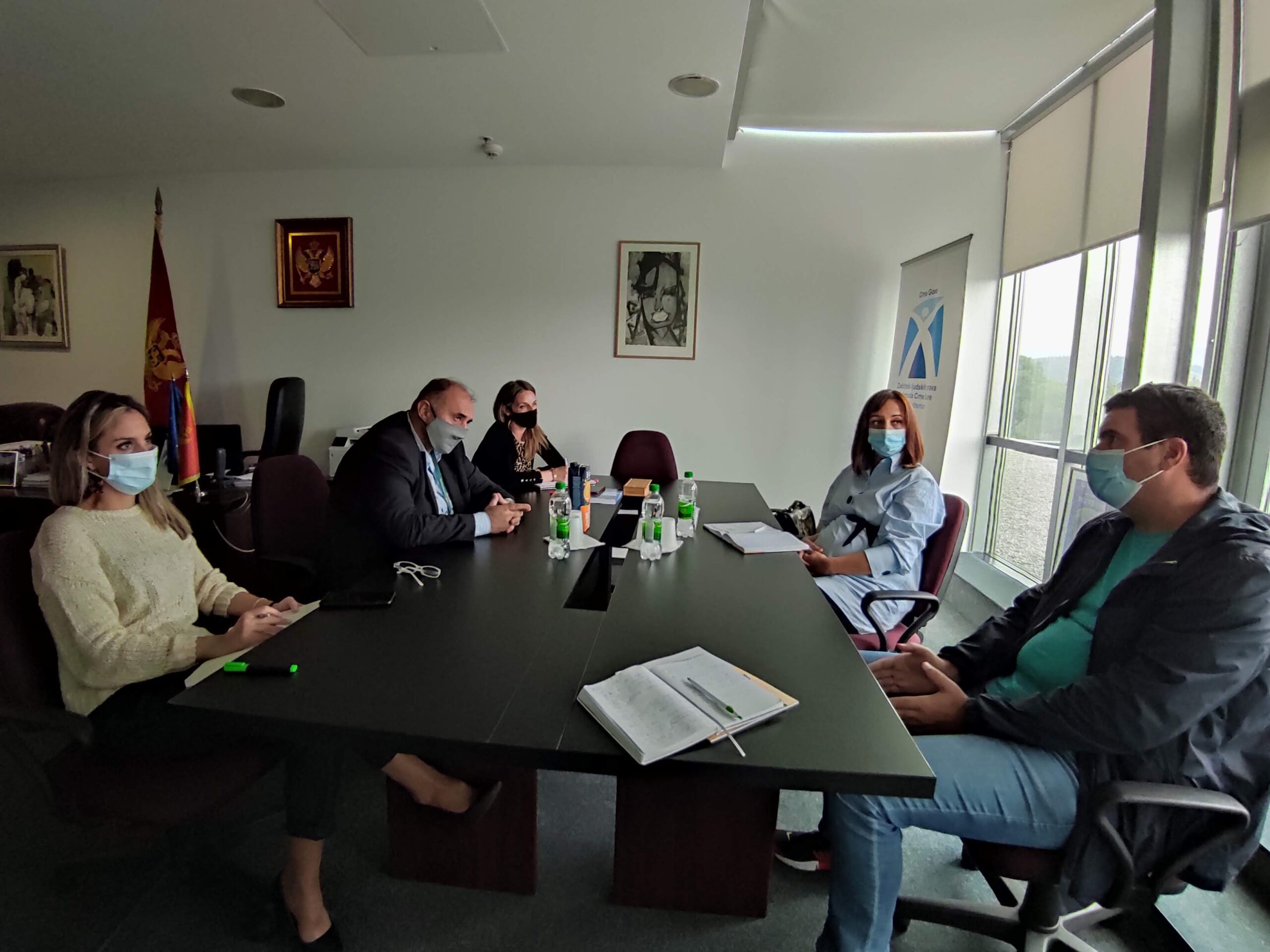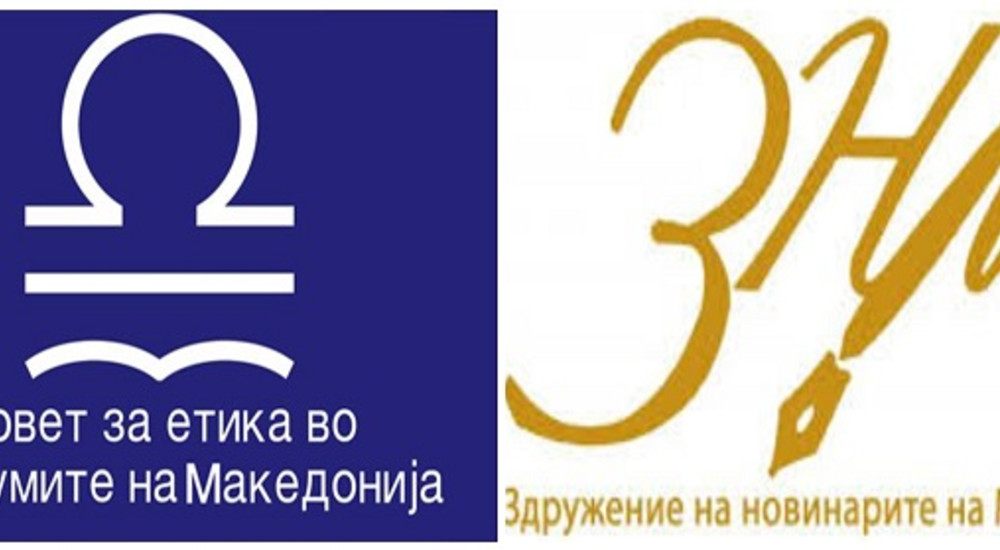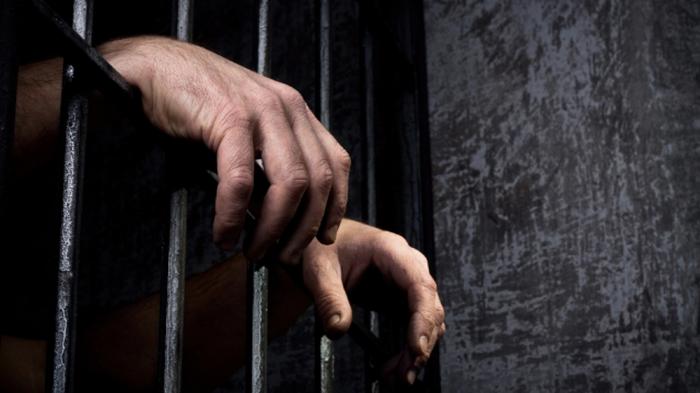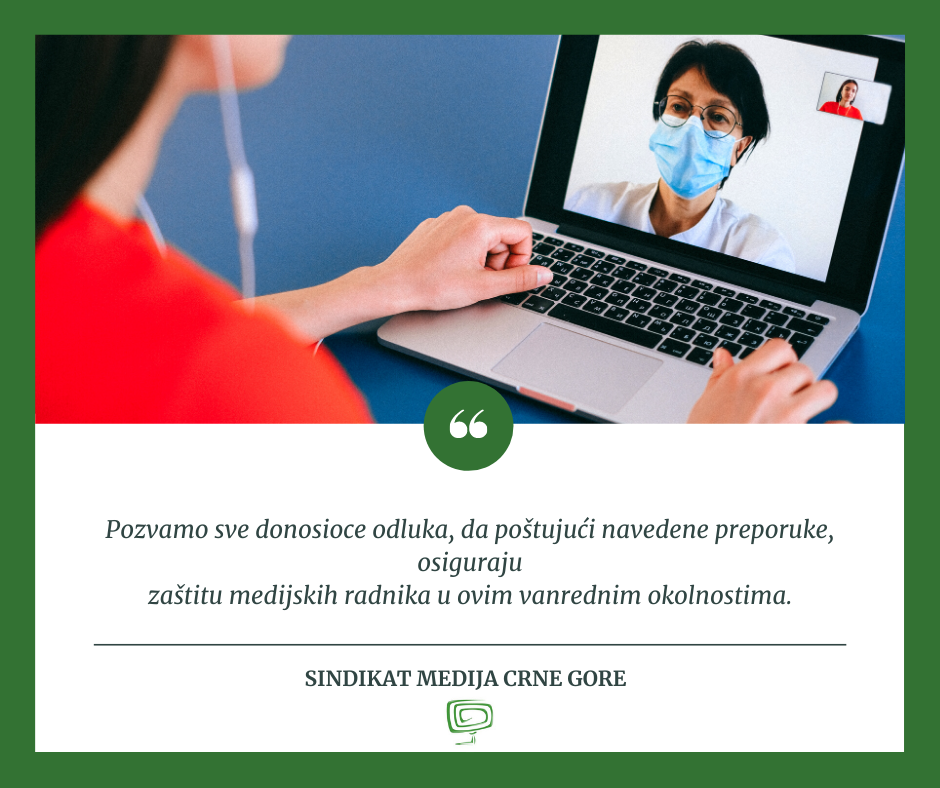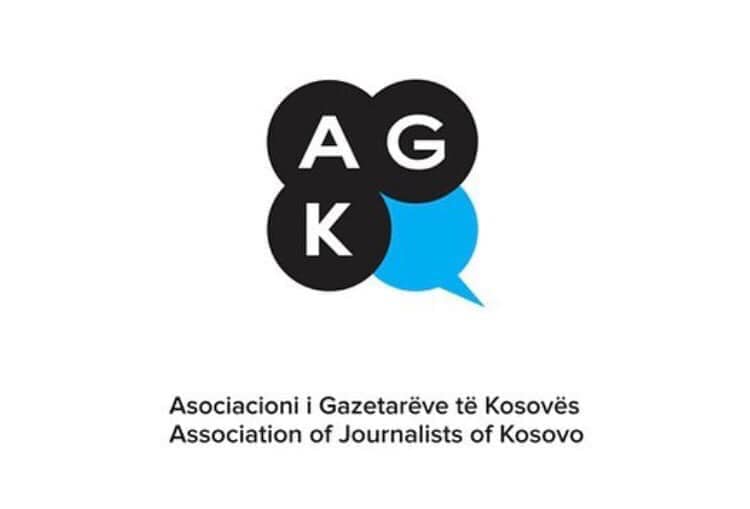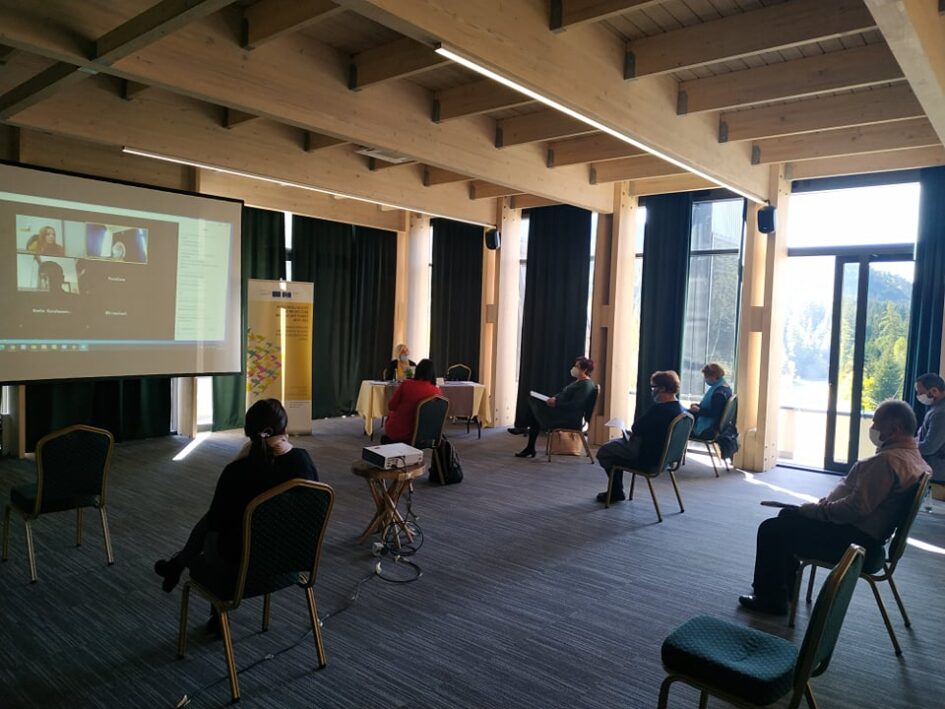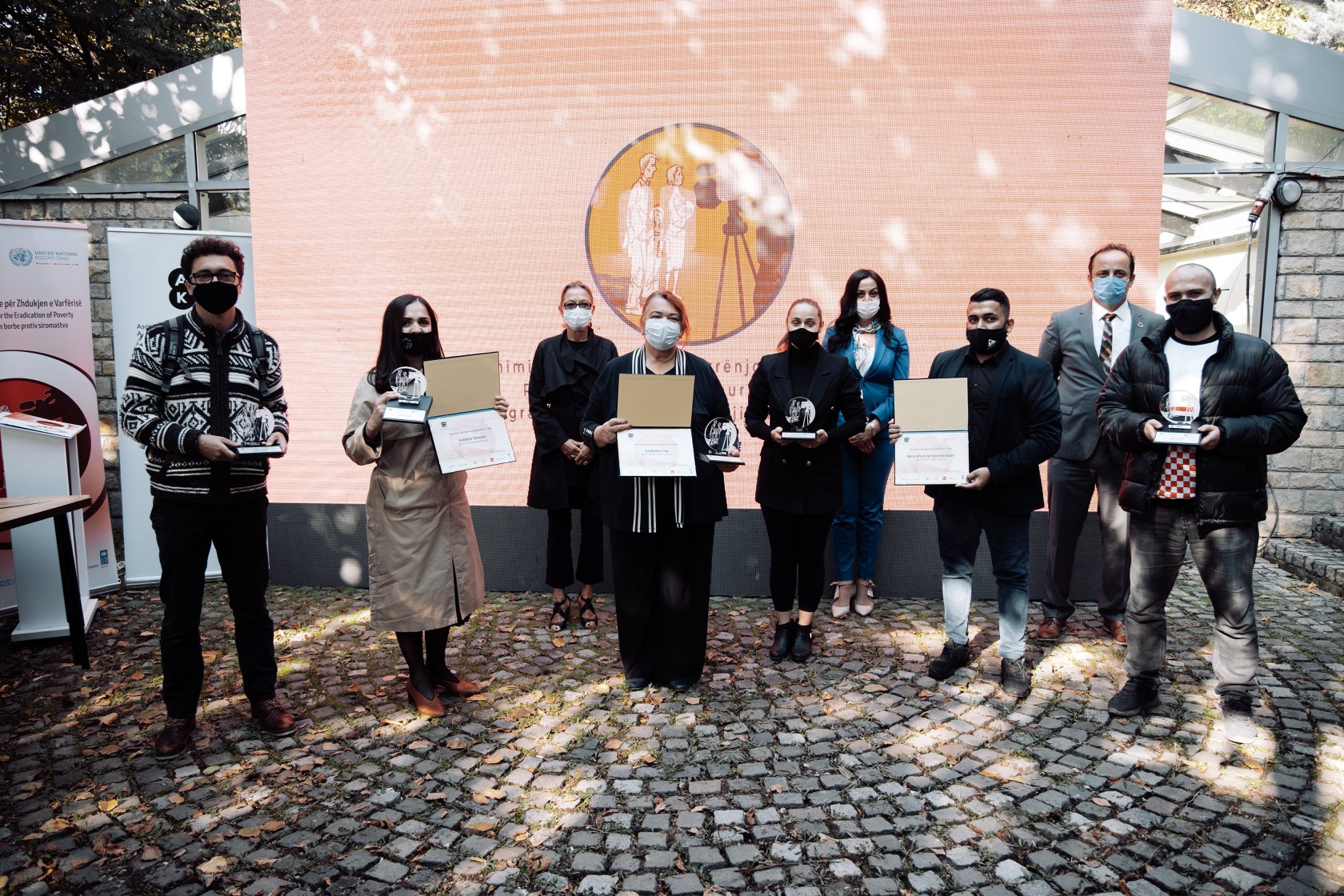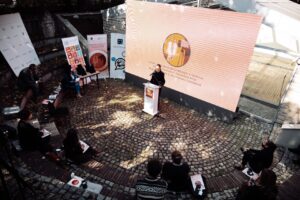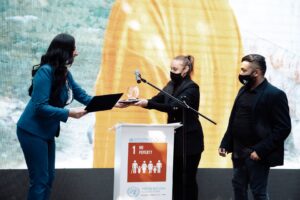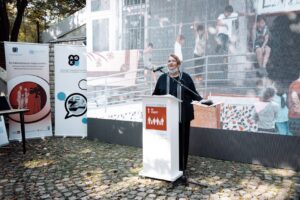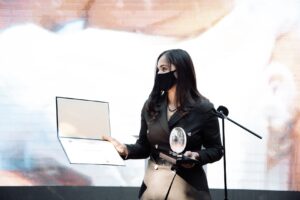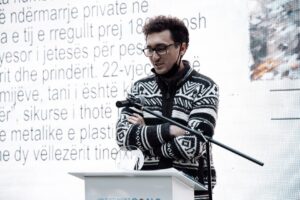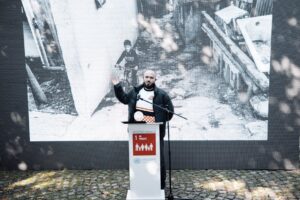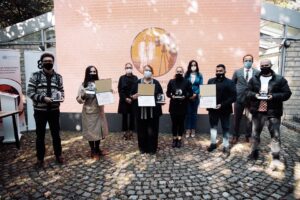The protection of journalistic sources is one of the fundamental rights on which journalism is based, as well as the freedom of the media in all democratic societies. This right is based on the premise that journalists must protect their sources in order to prevent possible sanctions, and ultimately jeopardize the position of their source in society. This principle is woven into the legislations of every democratic state. There is no freedom of the media without this principle, because otherwise journalists would never be able to detect manipulations in the political and social order of the state.
International law
The protection of journalistic sources is well recognized in international law. In particular, this standard has been recognized by the United Nations, the Council of Europe and the Organization for Security and Co-operation in Europe, and the African Union and the Organization of American States. The European Court of Human Rights has determined that this is an important segment of freedom of expression, and a significant number of countries recognize and protect this right in their legislation. Nearly 100 countries have adopted special legal protections for journalistic sources, either in laws or in constitutions, according to the European Federation of Journalists. According to their sources, countries these protections are absolute in at least 20 countries.
Many countries also recognize the protection of sources in judicial practice as a customary right or as part of the constitutional right to freedom of speech. There are few countries where journalists have been required to disclose their sources of information.
In many countries, the authorities most often use the mechanism of the protection of national security, which can violate the fundamental rights of journalists. The European Federation of Journalists emphasizes that modern communication technologies have become a danger to the protection of journalistic sources.
Bosnia and Herzegovina and protection of information sources
Bosnia and Herzegovina, as a democratic state, and a member of the Council of Europe and the United Nations, is committed to a large number of conventions concerning fundamental human rights. When it comes to the protection of sources of information, it exists in the Law on Protection against Defamation, which is valid in both entities of BiH and the Brčko District.
Article 9 of the Law on Protection against Defamation of the FBiH states: (1) “A journalist, and any other natural person regularly or professionally engaged in the journalistic activity of seeking, receiving or imparting information to the public, who has obtained information from a confidential source has the right not to disclose the identity of that source. This right includes the right not to disclose any document or fact which may reveal the identity of the source particularly any oral, written, audio, visual or electronic material. Under no circumstances shall the right not to disclose the identity of a confidential source be limited in proceedings under this Law.” (2) “The right not to disclose the identity of a confidential source is extended to any other natural person involved in proceedings under this Law who, as a result of his or her professional relationship with a journalist or other person referred to in paragraph 1 of this Article, acquires knowledge of the identity of a confidential source of information.”
Article 10 of the Act on Protection against Defamation of the RS states: (1) “A journalist, and any other natural person regularly or professionally engaged in the journalistic activity of seeking, receiving or imparting information to the public, who has obtained information from a confidential source is not obliged to disclose the identity of that source. This right includes the right not to disclose any material which may reveal the identity of the source including, but not limited to, any oral, written, audio, visual or electronic material. Under no circumstances shall the right not to disclose the identity of a confidential source be limited in proceedings under this Act.” (2) “The right not to disclose the identity of a confidential source is extended to any other natural person involved in proceedings under this Act who, as a result of his or her professional relationship with a journalist or other person referred to in subsection 1. of this Article, acquires knowledge of the identity of a confidential source of information.”
The Criminal Procedure Code of BiH states in Article 82, paragraph 1 “The following persons shall not be heard as witnesses: a) A person who by his statement would violate the duty of keeping state, military or official secrets until the competent body releases him from that duty; b) A defense attorney of the suspect or accused with respect to the facts that became known to him in his capacity as a defense attorney; c) A person who by his statement would violate the duty of keeping professional secrets, including the religious confessor, professional journalists for the purpose of protecting the information source, attorneys-at-law, notary, physician, midwife and others, unless he was released from that duty by a special regulation or statement of the person who benefits from the secret being kept”.
In addition to these laws, the BiH Press and Online Media Code of the Press Council in BiH, a self-regulatory body for print and online media, lists the protection of information sources as a principle of journalistic ethics. Article 13 of this Code states: “Whenever possible, journalists should rely on open, identified sources of information. These sources are to be preferred to anonymous sources, whose honesty and accuracy cannot be judged by the public. Journalists have an obligation to protect the identity of those who provide information in confidence, whether or not they explicitly request confidentiality. ”
In a conversation with Azra Maslo, Head of the Sector for Program Content and Complaints in the Communications Regulatory Agency of BiH (RAK), she told us that RAK is responsible for the implementation of the Law on Communications and bylaws adopted on the basis of this law, which is being used to regulate the principles of broadcast content. In this sense, the aim of regulation is exclusively to protect the public interest in terms of limiting the provision of harmful or inappropriate program content.
“In the field of journalistic reporting, the protection of the public interest is reflected in the implementation of the principles of fairness and impartiality, and mechanisms that guarantee that reporting does not violate the rights of others, such as enabling the right to reply and protecting privacy,” says Maslo and adds that “media service providers are completely free to create and edit their content.”
In accordance with the legal competencies, RAK follows the established practice and standards of European countries in the field of professional standards of journalistic reporting, which includes the protection of sources of information. This right is the sole responsibility of the journalistic profession and journalists, ie codes of ethics. Very often in the program contents of licensees, especially in informative programs with the publication of various information, it is stated that the information comes from “informed”, “reliable”, “confidential” sources.
“According to international standards, including domestic regulations that deal with this issue in a certain way, such as the Law on Protection against Defamation of FBiH and RS, journalists certainly have the right to protect sources of information, while in the context of regulation, as mentioned earlier, it is assessed whether the licensee ensured the accuracy of the information, fairness, impartiality and balance of the broadcast content “, concludes Maslo.
Mehmed Halilović, for the IMEP.ba platform, comments on the extent to which the Law on Defamation in BiH restricts freedom of expression and whether it represents a quality legal solution. He says that the laws on protection against defamation at the entity levels and in the Brčko District are based on the highest international standards, and are based on the European Convention for the Protection of Human Rights and Fundamental Freedoms and on the standards established by the European Court.
“These laws have established an almost ideal balance between promoting the right to freedom of expression and the right to protection of the reputation and dignity of every person. It should be noted that they even emphasize that “the law should be interpreted in such a way that the application of its provisions largely ensures the principle of freedom of expression.” Of course, these laws contain other benefits for journalists and media such as protection of the right to freedom of opinion, the right not to disclose confidential sources, etc, but also certain restrictions on freedom of expression which protect the rights to reputation and dignity of others. These restrictions are also in line with the fundamental principles of the European Convention and with the standards of European Court judgments. ”
According to BiH criminal law, the standards of journalistic ethics contained in the Journalism Code, as well as international documents of the Council of Europe, the OSCE and the European Federation of Journalists, all journalists and editors have the right to protection of sources of information. Lawyer Nusmir Huskić explains that in addition to the laws and standards listed, we can refer to the Article 10 of the European Convention on Freedom of Expression, which states that everyone has the right to freedom of expression, which includes freedom of opinion and freedom of receiving and transmitting information, without interference from public authorities.
“The exercise of these freedoms may also be subject to formalities, restrictions, penalties for reasons of public interest or security.”
However, Huskić emphasizes that the right of journalists to protect sources of information is a privilege, because when journalists investigate irregularities and draw public attention to them, they serve public goals and interests, and this right cannot be taken away or limited by third parties. .
“This is a logical sequence, because in the event that journalists have to disclose their sources, the question is whether these sources would agree to cooperate again,” says Huskić, adding that in which situation it is justified to ask journalists to disclose sources of information.
“An attempt to reveal the source of information to journalists would be justified only if it is in the public interest to find out the source of the information. In all other cases, any way of disclosing sources of information by third parties (primarily those who are disadvantaged by the knowledge of certain information, or incriminated), intimidating journalists or their sources of information is a violation of standards of protection of information sources, which is again in the highest part of the obligations of the judiciary to prevent, which is not possible without the cooperation of journalists and judicial institutions. ”
Journalist and editor of the Capital.ba portal Siniša Vukelić believes that the rights to protection of information sources have been violated in BiH. “But only from the point of view of additional pressure from investigative and judicial institutions.”
Vukelić emphasizes that “good journalists always protect their sources well, even if the price to pay is being imprisoned. Our sources need to know this and be sure of it. Pressure on journalists to reveal this will never bear fruit for journalists with a good reputation, but it will arouse suspicion among potential sources or whistleblowers and thus jeopardize the possibility of some information of public interest being published. ”
In 2019, journalist Azra Omerović (Žurnal.info) and journalist / editor Avdo Avdić (Istraga.ba) were questioned by the Prosecutor’s Office of BiH for their investigative stories, published on the Žurnal.info portal. In an interview with DW, Avdić said that BiH institutions “are starting to investigate me and my colleagues by searching for our sources, searching for those people who provide us with information on crime within BiH institutions.” He explains that his colleague Azra Omerović had to go to the Prosecutor’s Office of BiH when she wrote the story about diplomas, but also that he had to answer questions about his sources when he published the case of SOA (Security Intelligence Agency of the Republic of Croatia) concerning the activities of Croatian intelligence officers in BiH.
“Every time we publish something, the institutions invite us to tell them who our sources are and where our information comes from. They never check our findings or publications “, says Avdić, adding that “the Law on Criminal Procedure of BiH “prescribes decisively that a journalist cannot be questioned for the purpose of revealing the source of information. Yet, despite these clear legal provisions, judicial institutions are questioning us. ”
Protection of information sources in the best interest of the public
The source of information, the journalist, the editor, the owner is a relationship in which trust in journalistic work is crucial. Everyone, from the first to the last in that chain, works in the interest of the public, writes professor Sandra Bašić-Hrvatin.
“There are situations in which a journalist has certain information but cannot confirm the whole story. Like a puzzle game in which a couple of pieces are missing to complete a picture.” In her text, she adds that “journalists sometimes find themselves in a situation where the key information they can use to prove their story is offered by someone who, out of fear for his life or existence, asks the journalist to protect him/her as a source of information.”
The journalist must then check the credibility of the source of the information, what motives and possible benefits it has. Editors, legal teams and owners must be consulted. Then, if the information is in the public interest, the journalist will publish it and promise anonymity and protection to the source. Bašić-Hrvatin adds in her text that the relationship between journalists and sources is not a legal relationship.
“There is no document with their signatures and the signatures of witnesses. This relationship is more than that, it is the heart and soul of investigative journalism. A journalist who has promised to protect his source will never and at no cost violate that agreement. The moment he violates it, he is no longer a journalist.”
Numerous journalistic stories that covered tragic events, abuse of power, corruption, lies and fraud would never have seen the daylight without anonymous sources and whistleblowers. The public would never know what happens within the government if journalists did not work in the public interest. Professor Bašić-Hrvatin concludes that states must carefully consider what laws they accept regarding the protection of information, and that an investigative journalist does not have the authority of the police and the court.
“Punishing a journalist who published information in the public interest and consistently protects the anonymity of his source of information is like punishing the police because they cannot catch a criminal. There are situations in which a journalist will not give protection to a source of information if that information relates to crimes with serious consequences. But they will also not forward that information to the police because the journalist is not a police associate”, said Bašić-Hrvatin.
Why do journalistic sources need to be protected?
In order to function as “watchdogs of democracy”, as established by the European Court of Human Rights (ECHR), journalists must rely on the protection of journalistic sources. Some of these sources are official and well known, others confidential and secret. The protection of secret sources is crucial, because it is the “foundation of media freedom”, emphasize the European Federation of Journalists (EFJ).
They further add that the biggest consequence of forcing journalists to disclose their sources is the impact they will have on their ability to obtain information later from the same sources, for fear of being disclosed. Other sources will not believe them, and the reputation of the independent journalist will collapse, and he will become a journalist working in the interest of the government.
The EFJ recommendations add that journalists must avoid facing situations where they may be required to disclose their sources or other information they have gathered. Then the only remaining sources of information could be official, under the supervision of political, economic or judicial authorities.
The most serious consequence that can result from a lack of source protection is the physical vulnerability of journalists. Many journalists work in areas of extreme danger, such as war zones, or investigate dangerous criminal activities.
If a journalist is considered an informant or a government spy or a future witness in a court hearing, this may result in the journalist becoming their target. Therefore, in 2007 the Council of Europe recommended that journalists shall not be required to submit notes, photographs, audio and video recordings in crisis situations in order to ensure their safety.
Democratic systems (do not) violate the protection of journalistic sources
Lawyer Huskić emphasizes that, unless it is a matter of public interest for which journalists could and should disclose their sources of information, in all other cases journalists are not obliged to disclose their sources.
“Given that one of the basic conditions of freedom of the press is the protection of journalistic sources, and without free media a democratic society cannot survive, the protection of journalists from any pressures regarding the disclosure of sources of information (as long as information does not harm the public interest and society) should be well known right by all journalists, on the basis of which they could avoid any pressure. Because, in the end, by knowing their rights, journalists will succeed and protect their work and the very purpose of their vocation, but we repeat, much easier and more efficiently only when the judiciary has the same goal as journalists. ”
Vukelić believes that journalists must invest more in education about safe means and ways of communicating with sources.
“It is important that they educate their sources about that. Journalists should not share the identity of the source with their colleagues in the newsroom. Meetings with sources must be carefully planned. It is important to know that a request to disclose a source is illegal, except in a few very exceptional cases based on a court decision.”
Numerous defamation lawsuits against journalists and the media
The helpline for journalists, which operates within the Association of BH Journalists, has data on 289 active defamation lawsuits against journalists and media from BiH that have been initiated in the last five years. In 2019 alone, 21 new lawsuits were filed. In the Bosnian-Herzegovinian judiciary, there is no single register of lawsuits against journalists and the media, which is why the exact number of lawsuits filed by state officials against the media is unknown.
According to the register of the Helpline for Journalists, politicians and directors of public companies and institutions are leading in filing lawsuits against journalists and the media, and recently there has been an increasing number of judicial office holders among prosecutors.
The monitoring conducted by the Helpline for Journalists showed that “judges are more biased towards parties in proceedings conducted in smaller cities and in municipal courts”. Also, the monitoring found that judges, compared to previous years, are more familiar with the rights of journalists as a group of professionals.


